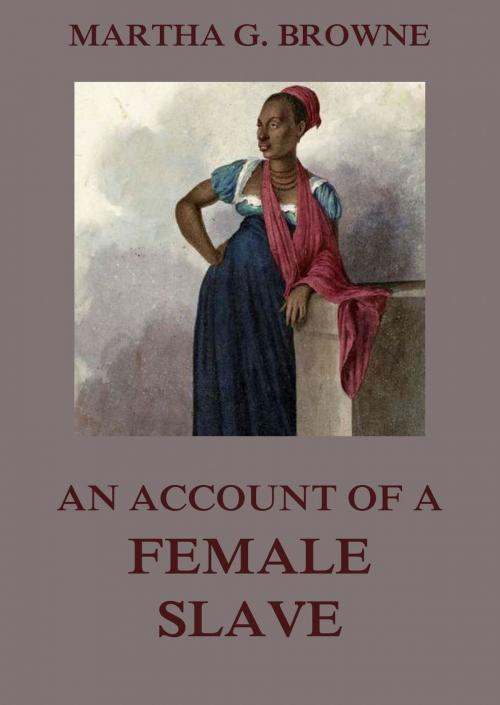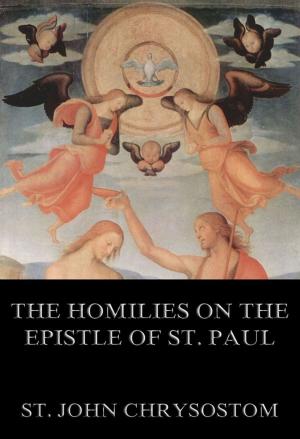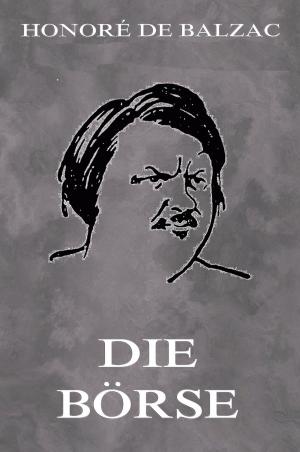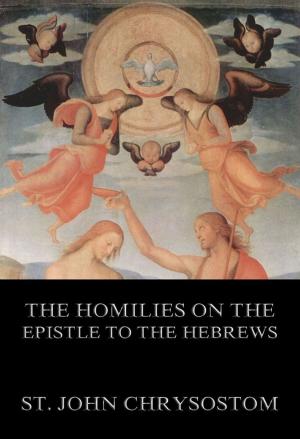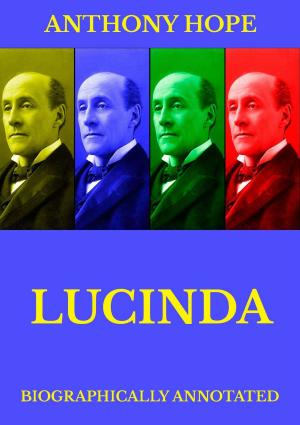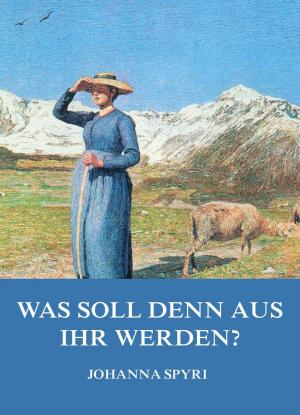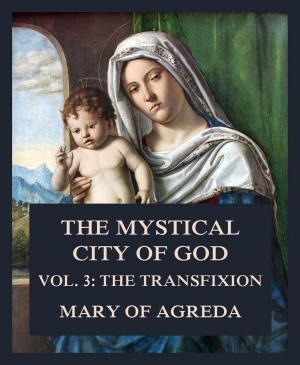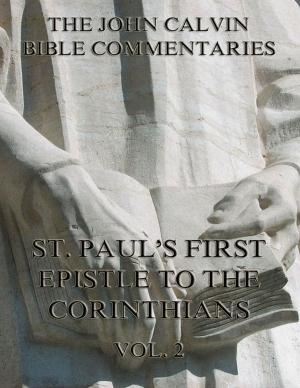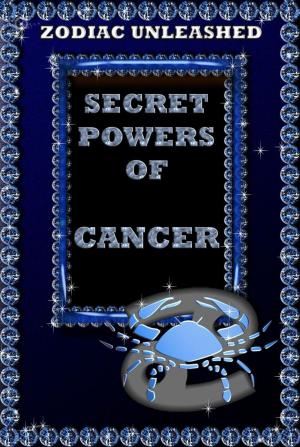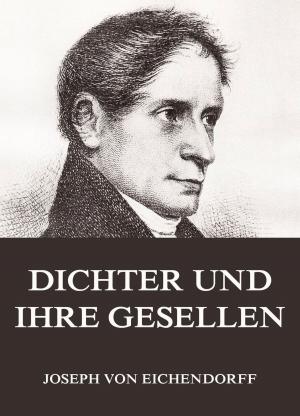An Account Of A Female Slave
Nonfiction, Social & Cultural Studies, Social Science, Discrimination & Race Relations, Biography & Memoir, Historical| Author: | Martha Griffith Browne | ISBN: | 9783849643898 |
| Publisher: | Jazzybee Verlag | Publication: | April 24, 2014 |
| Imprint: | Language: | English |
| Author: | Martha Griffith Browne |
| ISBN: | 9783849643898 |
| Publisher: | Jazzybee Verlag |
| Publication: | April 24, 2014 |
| Imprint: | |
| Language: | English |
Another example of the fictitious slave narrative is this book, An Account of a Female Slave (1857), which suggests the narrative only in title. Although no convincing proof is offered that the book deals with fact and the names of places in the story are not spelled in full, there is an elaborate plot, with climax and abundant subaction; a conspicuous effort at literary finish is discernible—all evidences that the book is not the unpretentious record of truth it purports to be. Moreover, the author was considerably influenced by Uncle Tom's Cabin. Except for his sex John Peterkin is an-other little Eva: he has the same excessively precocious and angelic nature; he talks in the same wise and prophetic strain; and he, also, fades away and dies, a flower too good for this wicked and slavery-cursed world. Everywhere there is an abundance of sentimentality—much weeping, sighing, poetizing, affected expression of feeling. Even the slaves are sentimental, especially the almost white heroine, who speaks of watering the lovely flowers with her tears, as though this were nothing out of the ordinary, and who preserves, as her chief and dearest treasure, the note her lover wrote before killing himself to escape slavery.
Another example of the fictitious slave narrative is this book, An Account of a Female Slave (1857), which suggests the narrative only in title. Although no convincing proof is offered that the book deals with fact and the names of places in the story are not spelled in full, there is an elaborate plot, with climax and abundant subaction; a conspicuous effort at literary finish is discernible—all evidences that the book is not the unpretentious record of truth it purports to be. Moreover, the author was considerably influenced by Uncle Tom's Cabin. Except for his sex John Peterkin is an-other little Eva: he has the same excessively precocious and angelic nature; he talks in the same wise and prophetic strain; and he, also, fades away and dies, a flower too good for this wicked and slavery-cursed world. Everywhere there is an abundance of sentimentality—much weeping, sighing, poetizing, affected expression of feeling. Even the slaves are sentimental, especially the almost white heroine, who speaks of watering the lovely flowers with her tears, as though this were nothing out of the ordinary, and who preserves, as her chief and dearest treasure, the note her lover wrote before killing himself to escape slavery.
